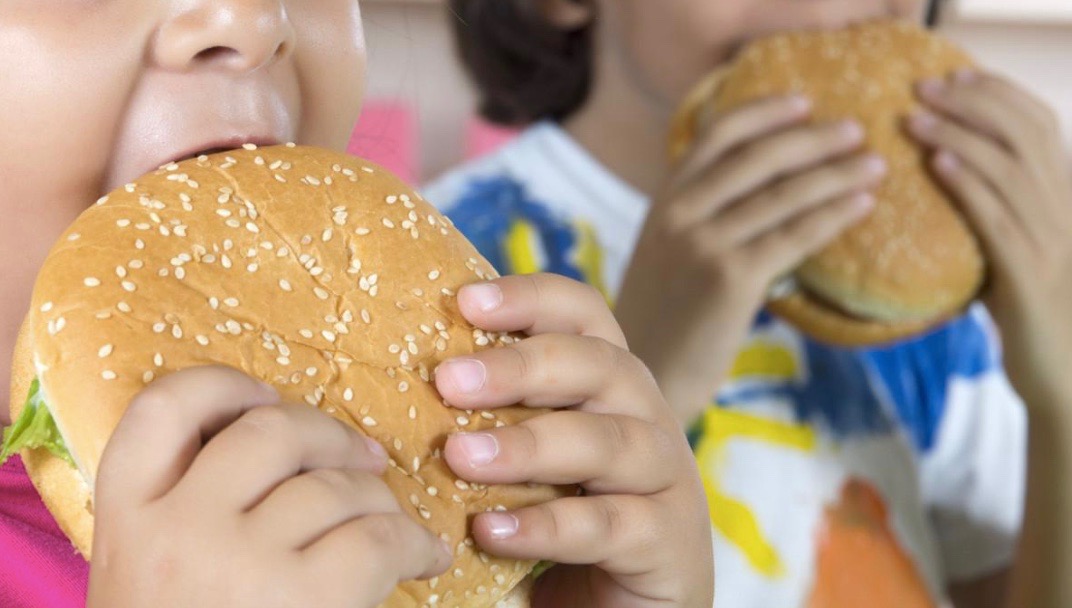MICHELLE DOR WRITES– A panel of 2019 scholars and nutritionists in Malaysia has recommended that junk food advertisements be banned during shows targeting children under age 18. This is essential to combat the growing obesity rate among school children.
With concrete data from 2015, “more than 1.65 million school children are expected to be overweight or obese by 2025, ” said Dr Muhammad Yazid. He added that more than 88,000 children would develop impaired glucose tolerance, 28,000 would suffer from Type 2 diabetes, 191,000 would have high-blood pressure and 264,000 would develop first-stage fatty liver disease.
According to a child and adolescent study in Asia conducted by Poh et al in 2013, Malaysia is one of the top three countries with a high percentage of obese children (between six months to 12 years old), 11.5 percent.
A release from the Health Promotion Board (HPB) shows that advertising influences children’s food preferences, purchases and consumption patterns.
But a major part of the problem is that fast food companies are not sufficiently committed to the well-being of children. Scientists claim that children between the ages of 12 and 18 are the most gullible and easiest to convince. This same pattern pertains to vaping, smoking, alcohol and drugs.
Malaysia has already begun to take action. On July 1, a tax on sugar-sweetened beverages was imposed. In addition, the proposed junk food advertising ban represents a good joint effort on the part of the Health Ministry and corporations. Based on the ban, fast food companies will not target young children in ads unless their products adhere to the nutrition criteria based on scientific evidence or international dietary guidelines.
Still, the Malaysian Government needs to impose stricter laws to protect children from exploitation by advertisers; the country should follow the examples of Sweden and Norway, which have straightforward bans on advertisements targeting children under 12. The proposed Malaysian ban should include advertisements in newspapers, TV, radio, magazines and online media.
Several other countries already have such bans in place, including Taiwan, where, according to the World Cancer Research Fund International, restricted food products cannot be advertised on the 13 TV channels designed for children between 5pm-9pm. These restrictions came into effect January 1, 2016. Restricted food products are also banned from advertised promotions associated with toys given as free gifts for an additional price, including at fast food chain restaurants. Violators may be fined between NT$40,000 – NT$4m (about $1,363– $136,320).
Common products targeting children include sugary cereals, sweets, candy, junk foods and fast foods. Bad eating habits form early and contribute to a lifetime of poor nutritional habits. Children should be taught to eat home cooked meals and learn to distinguish which ingredients and foods are healthy, and which are not.
The future health of Malaysians is at stake. With childhood obesity having doubled in recent years, it’s evident that the current approach is not tough enough. More mandates are needed. The government must decide whether to protect the health of children or the wealth of corporations.


2 Replies to “MALAYSIA: WHY THE GOVERNMENT WANTS TO JUNK … JUNK FOOD”